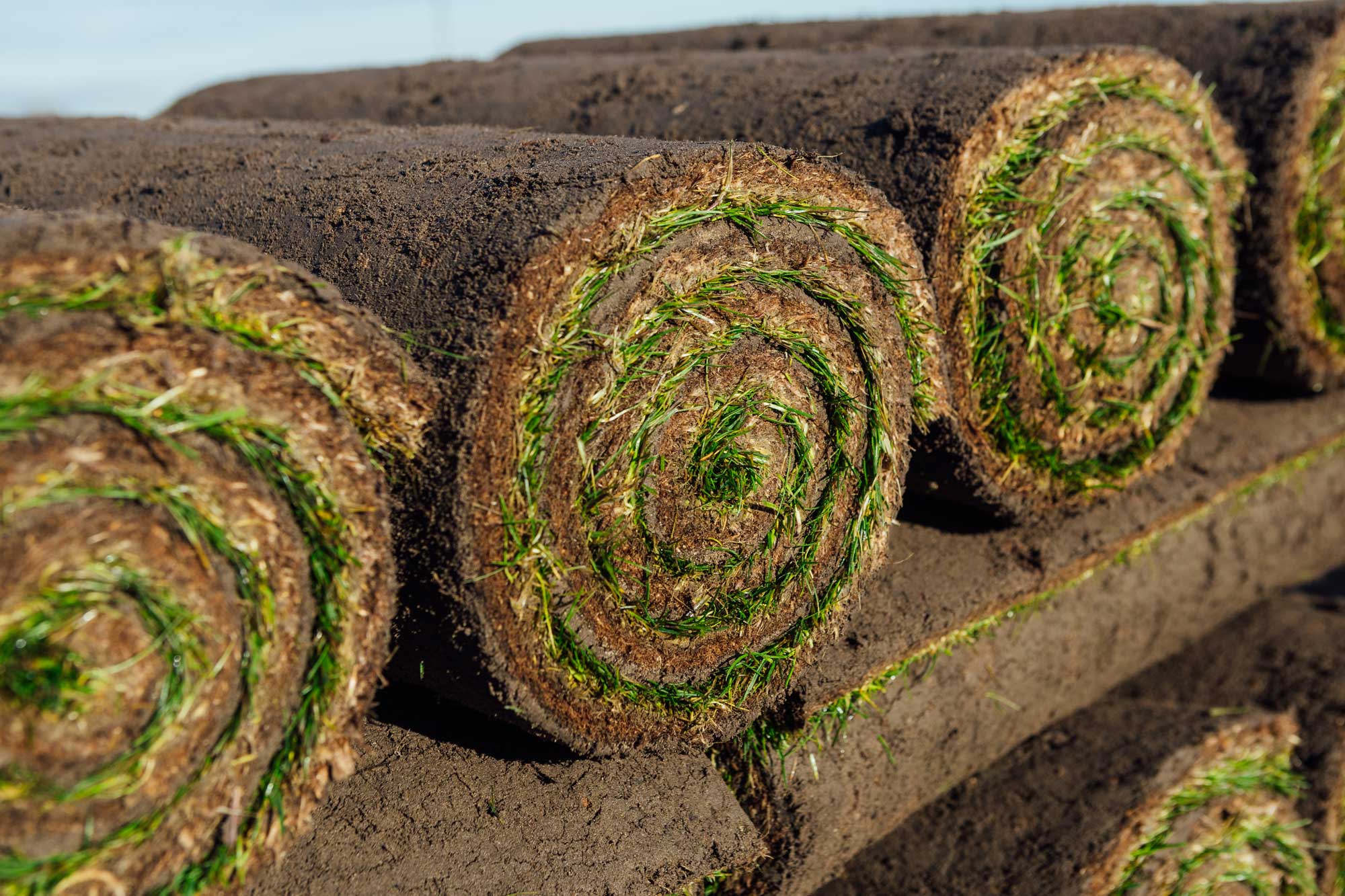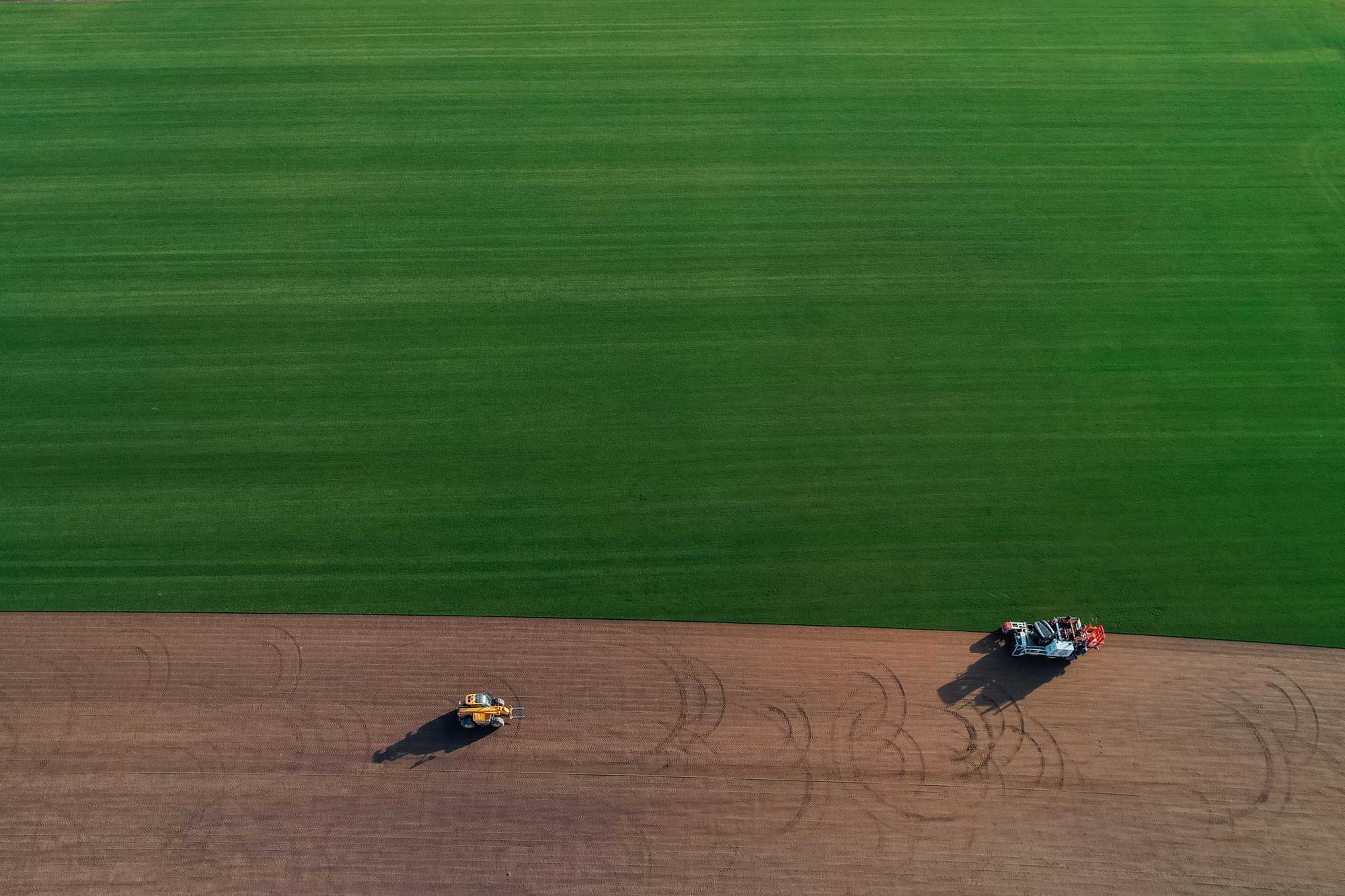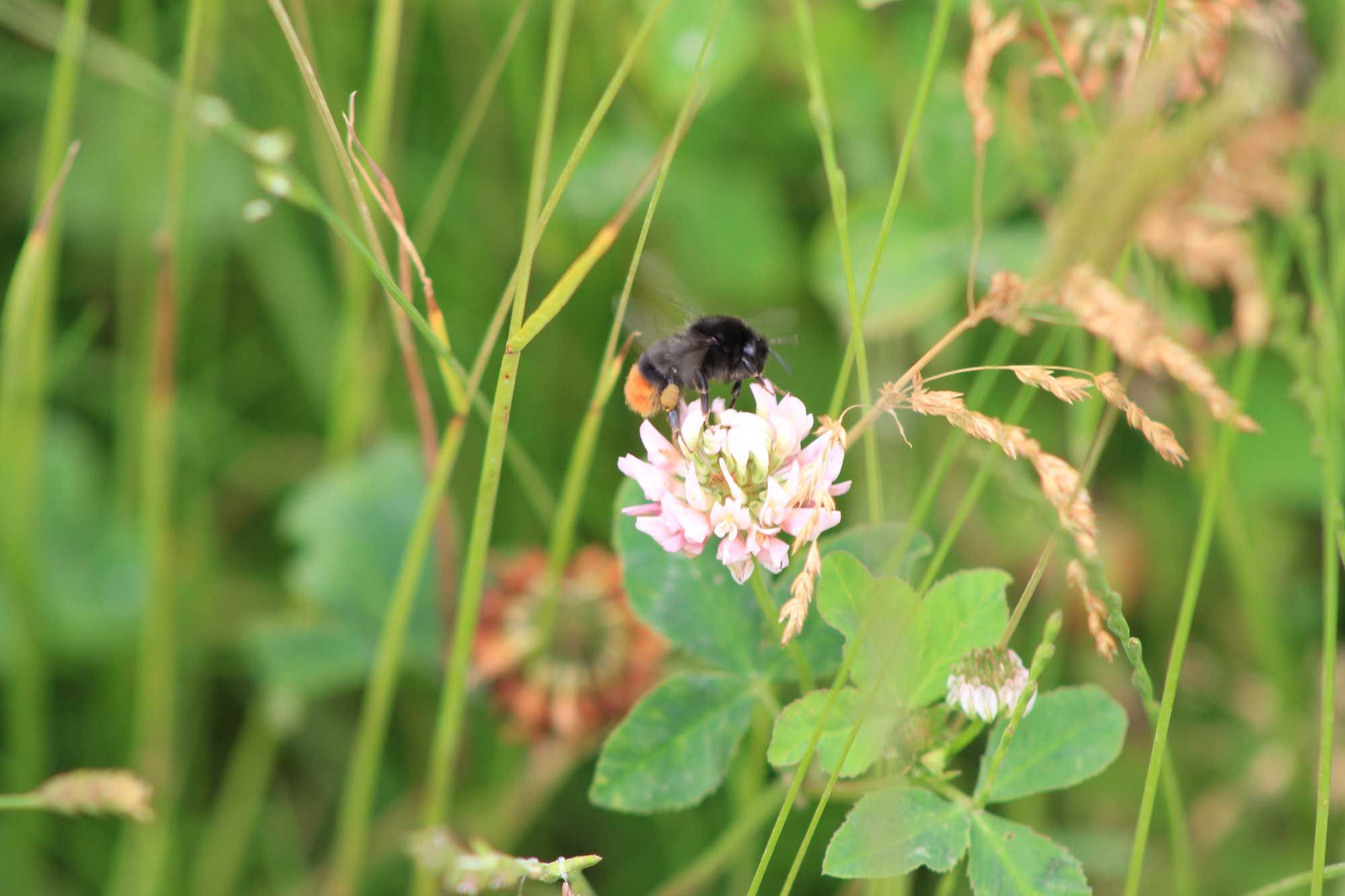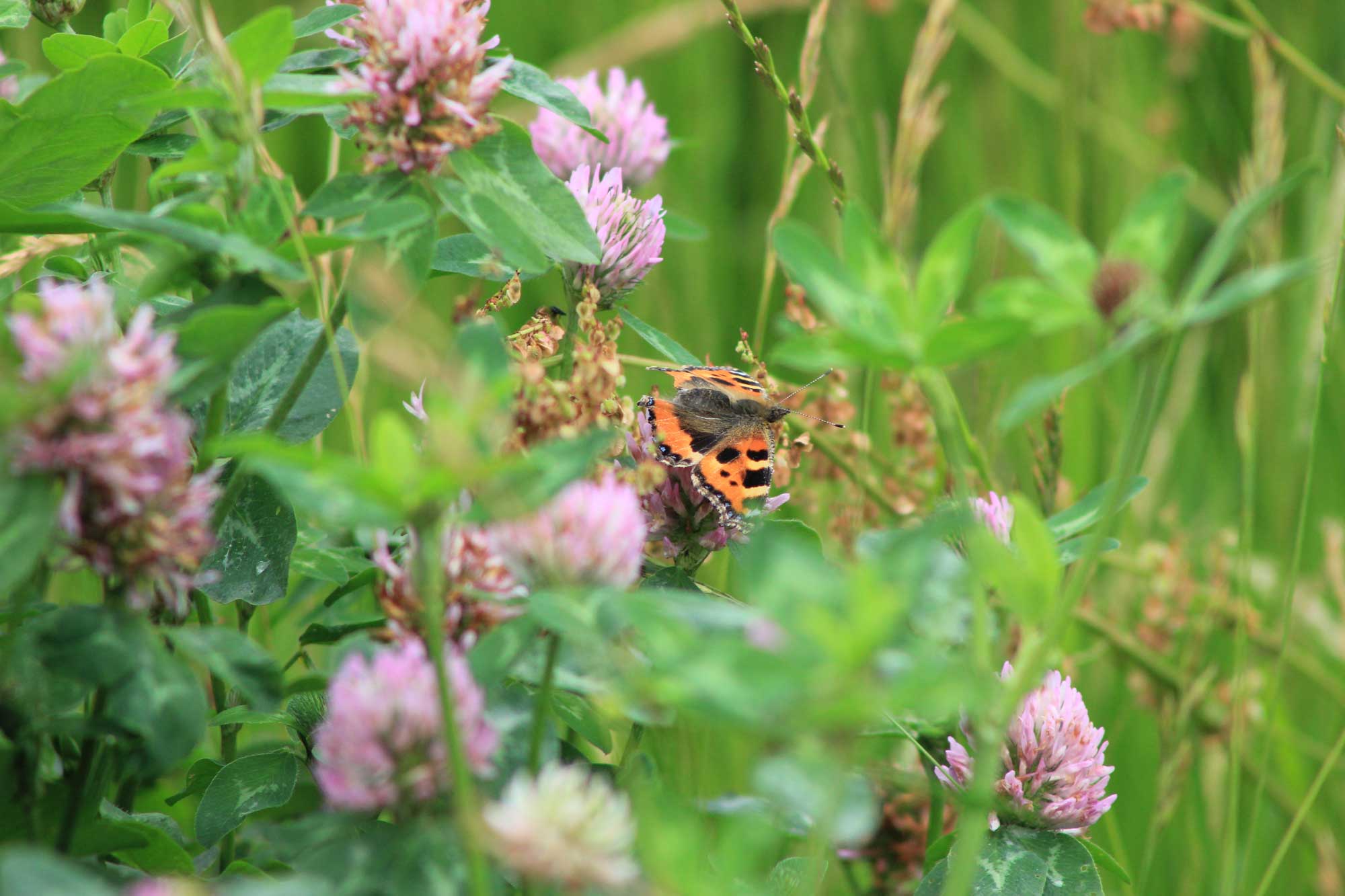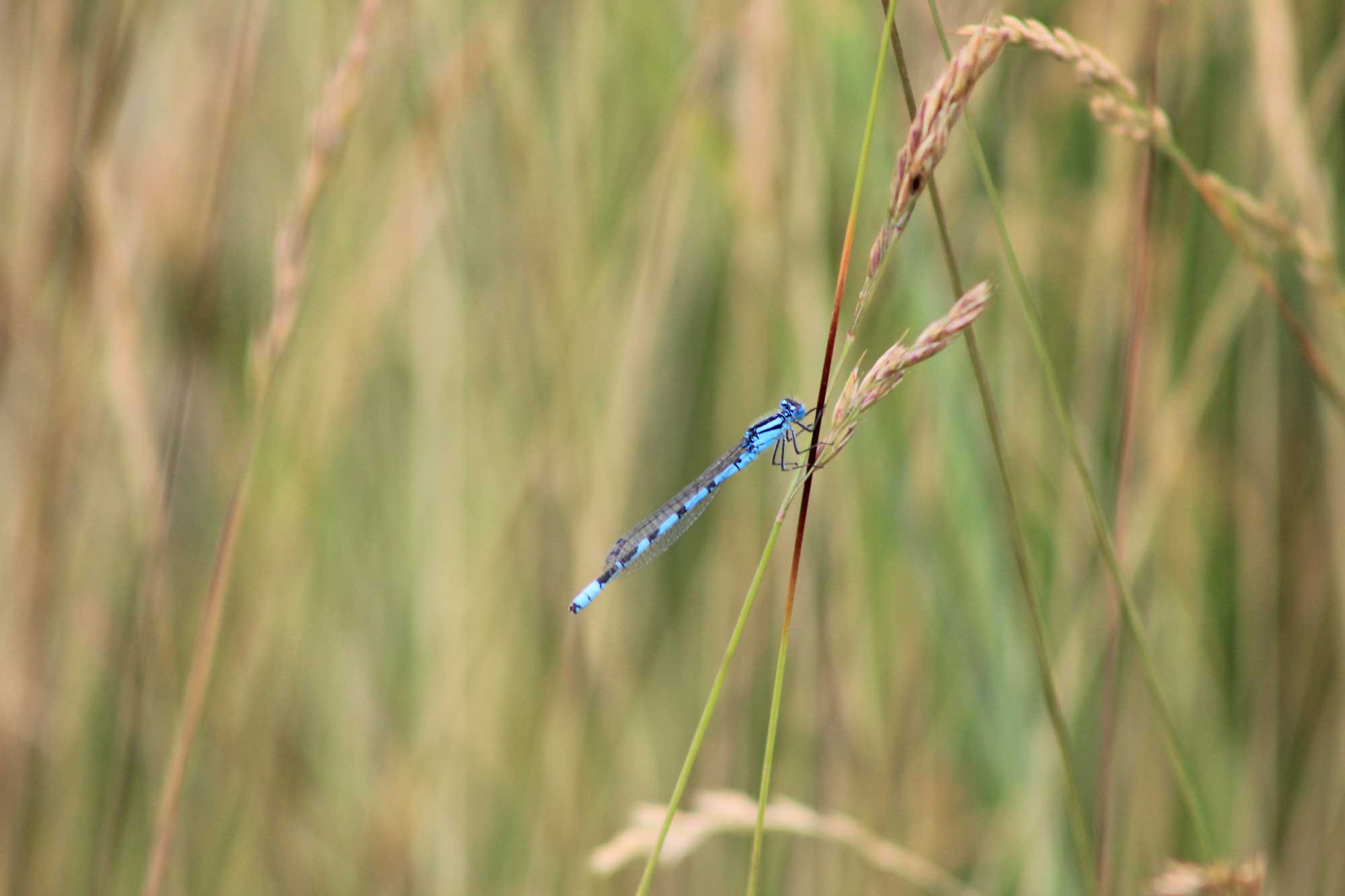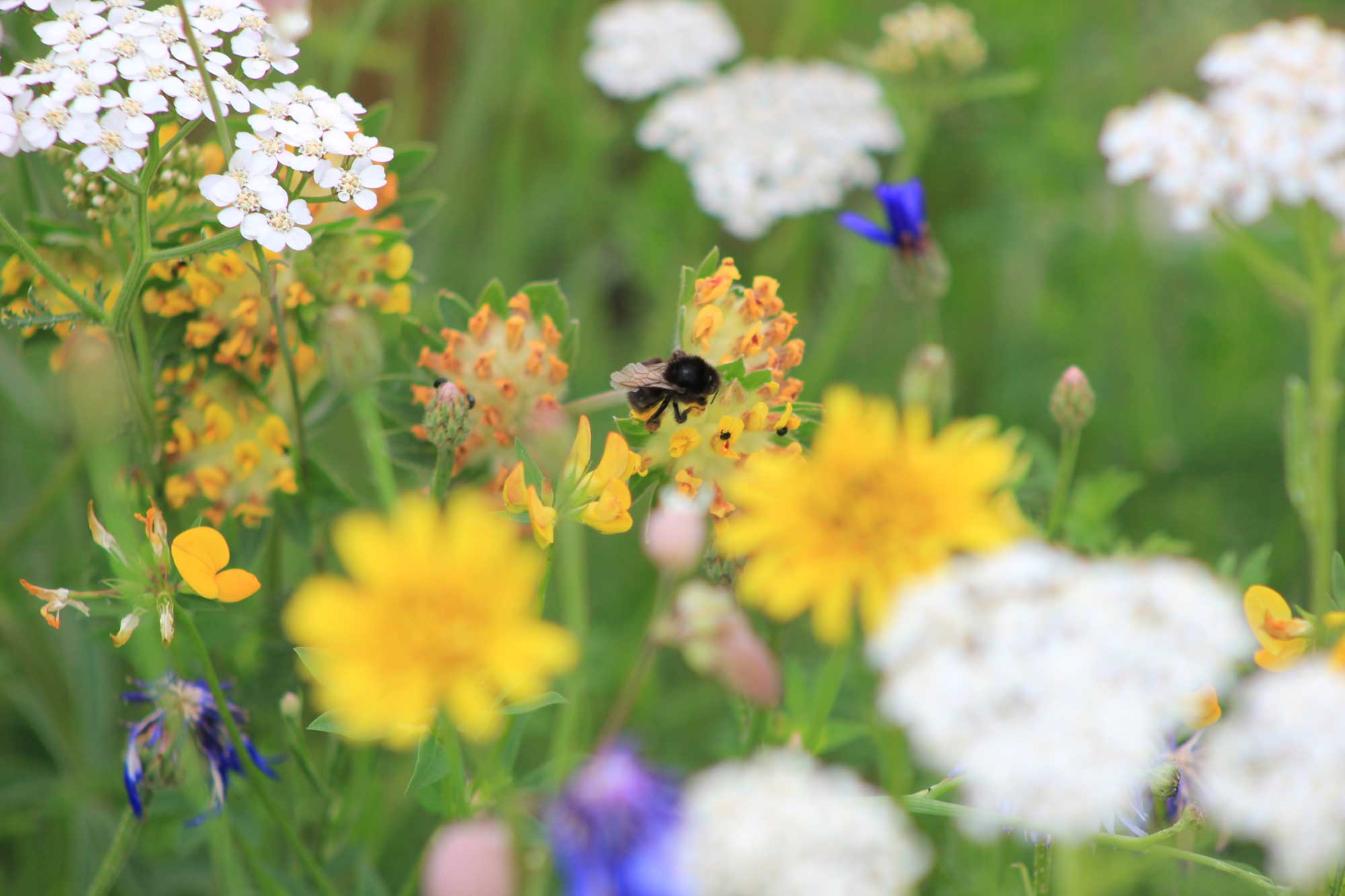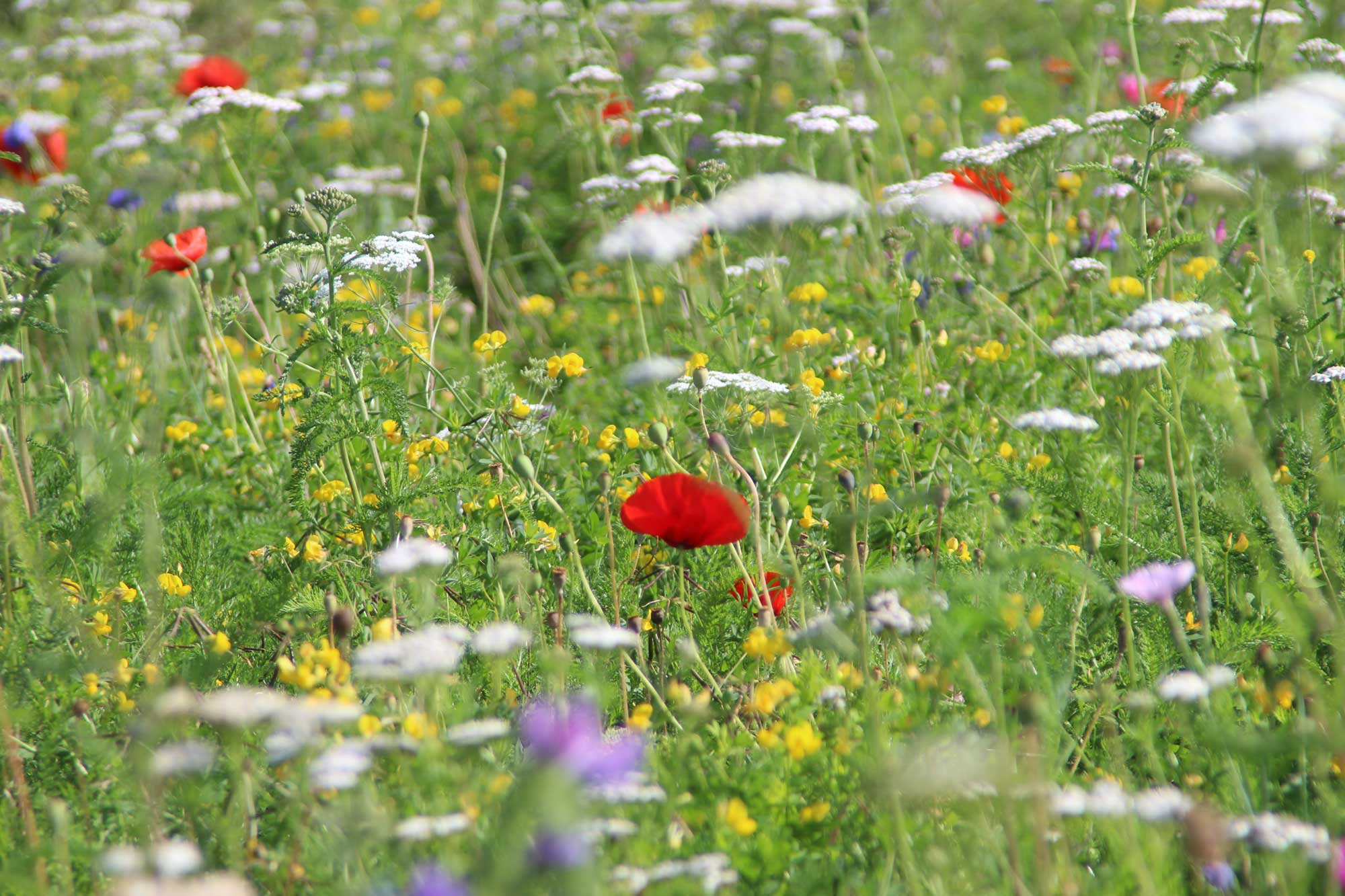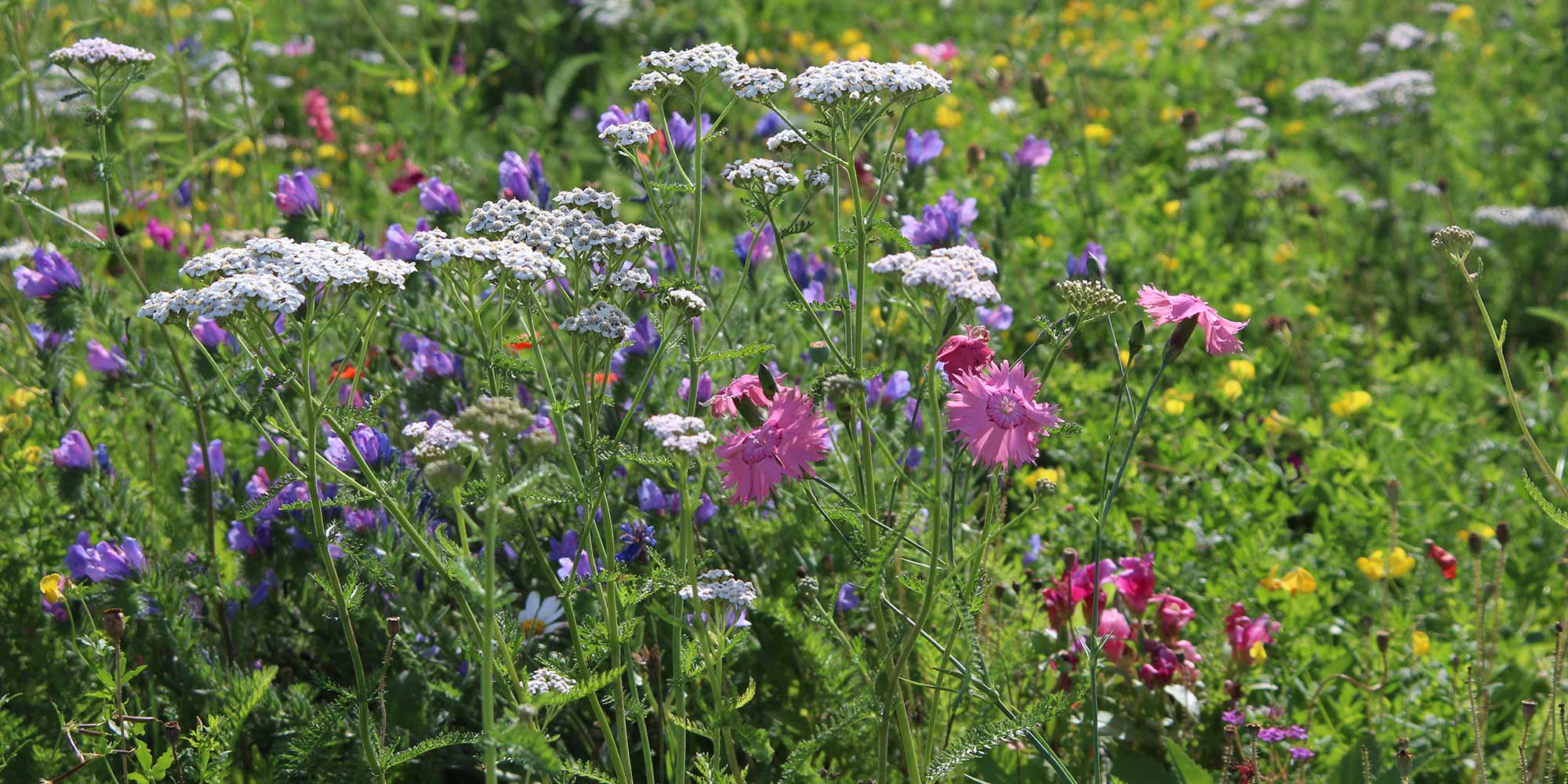
Sustainability Strategy
PROTECT, PRESERVE, ENHANCE & REJUVENATE
As part of our overall goal of implementing the principles of sustainable development across the site, Tillers Turf is committed to the continuous improvement of our environmental performance and land management. With over 2400 acres of managed land at our picturesque farm in Lincolnshire, and as one of the UK’s largest producers of turfgrass, our aim is to ensure that our environmental objectives are integrated into our business objective and long-term sustainability goals.
The idea of a sustainable turf farm is a viable one. In fact, we are already putting sustainable practices in place today.
Precision Farming- Tillers Turf invest in only the most advanced technology available. By utilising GPS we avoid any unnecessary overlap during mowing and other applications, ensuring that any Fertiliser or Plant Protection Products are applied accurately, without unnecessary waste of product, reducing wear and tear on machinery with reduced fuel consumption.
Field Management - At any one time, we have a minimum of 80% of our ground covered in either oxygen-producing natural turf grass or a cover crop (where we have recently removed turf.) - all year round. This practice aids in preventing soil erosion, whilst naturally replenishing the soil with beneficial nutrients.
This methodology, combined with sustainable harvesting techniques utilising only the latest and most technologically advanced equipment ensures that minimal topsoil is removed from any field before, during or after harvesting operations.
Soil Testing and Nutrient Applications – We have many soil types on our farm, each of which requires its own unique management programme, nutritionally and physically to thrive. Nutrient is only applied after careful soil testing is completed, alerting us of any nutrient deficiencies or imbalances that may exist within the soil. State-of-the-art soil analysis, software, and machinery ensure that nutrient is only applied where it is needed.
Chemical Applications – Any Plant Protection Products are applied sparingly and only as necessary. Tillers has a long-term approach in mind and with the reduction in effective Active Ingredients available we have already implemented many cultural practices to negate risk to the crop and to limit their use. As a business, we strive to meet, and where practicably possible exceed all relevant environmental legislation and regulatory codes of practice.
Water Conservation – Tillers Turf receive the majority of our irrigation water supply from sustainable water sources and harvested rainfall that is linked to our many attenuation lakes specifically built for irrigation purposes. We irrigate only based on need, and plan to move to prescription-based water applications based on soil type. Our watering strategy produces three tangible outcomes: the plants become heartier (able to withstand drought better); we conserve a natural resource; and it helps us keep our prices competitive.
Energy & Fuel usage – We recognise that many of our activities have an impact on the environment and we aim to conduct our business and operations to reflect best environmental practice. As a business we ensure we upgrade equipment and facilities regularly to conserve electricity, water, and fuel. Utilising new technologies, such as GPS steering guidance in our tractors, we are more efficient as we move across fields, conserving fuel and minimizing soil compaction on our ground.
Wildlife, Habitat & Land Management
With the main Tillers Turf office based at Springwood Farm, we have a desire for continual ecological development. In 2023 we decided to allocate and manage Springwood and the 10ha of field margins, hedgerows and tree lines that have now been specifically dedicated to habitat and ecology preservation.
Tillers Turf is committed to caring for and improving wildlife habitats within our control and actively works towards this by
- Implementing native planting schemes
- Maintaining field margins, hedgerows, and trackways
- Management of woodland areas
- Introduction of nesting boxes for a variety of birds
- Keeping all ditches and waterways free from pollutants and cleared out to negate any flood risk.
- Supply a sustainable food supply for a wide range of wildlife species.
- Introduction of bee hives in 2023
- Bug hotels
- Monitor and Document Species present
Seed Selection - All seed cultivars are selected for specific characteristics, for example, drought tolerance and disease resistance. This helps to ensure that we can manage the turf with minimal input.
Supply Chain - Tillers purchase, wherever possible, environmentally friendly goods and services and influence our suppliers and contractors to ensure that goods and services procured support our environmental and sustainability policy.
Waste Disposal - Tillers have established recycling schemes for all appropriate waste produced by the business and take measures to increase staff awareness of our environmental performance and individual environmental responsibilities.
There are also a number of reasons why turf is naturally good for the environment. These include:
- Grass is the third most important source on earth of Oxygen behind trees and algae.
- An acre of turf produces more Oxygen than an acre of Rain Forest.
- Turf helps purify water entering the ground as the root mass and microbes act as filters and capture and break down many pollutants.
- The turf absorbs noise.
- Turf helps prevent soil erosion
- Turf has a cooling effect 10-14 degrees cooler than tarmac
- The net carbon intake of well-managed turf is estimated to be 5-7 times higher than the carbon output of mowing it
- The Feel Good Factor
Reducing Carbon Emissions
Tillers Turf understands that in particular, the carbon emissions of our Tractors, Harvesters, and delivery Lorries can potentially have an impact on our environment. As a business, we try and limit output by investing in the latest and most fuel-efficient machinery wherever possible. We also try to organise our deliveries so that the incoming lorries have the shortest possible journey. On the plus side, the carbon intake of the natural grass we grow far outweighs the carbon output of producing it, ensuring that as a business we remain carbon neutral.
Tillers Turf Talk Environmental Benefits
Environmental Benefits
Five Year Plan
Within our five-year sustainability plan, it is our target to build our own AD plant with Methane gas used to power tractors, generators and other machinery, and the digestate produced is utilised as an Organic Fertiliser.
Outside Promotion
Tillers Turf has for many years been a sponsor of the Golf Environment Awards and The Links Club promoting Sustainability and Environmental good practices on these vital tracts of land.


